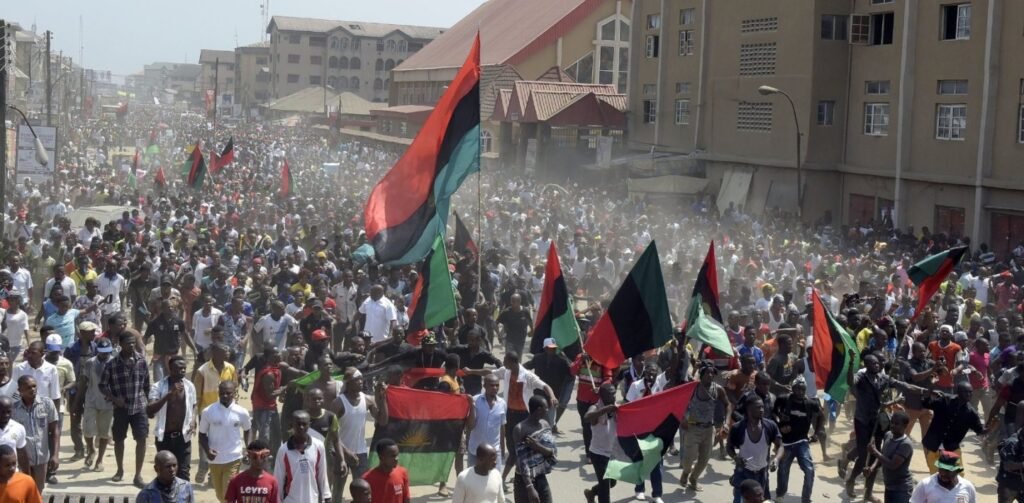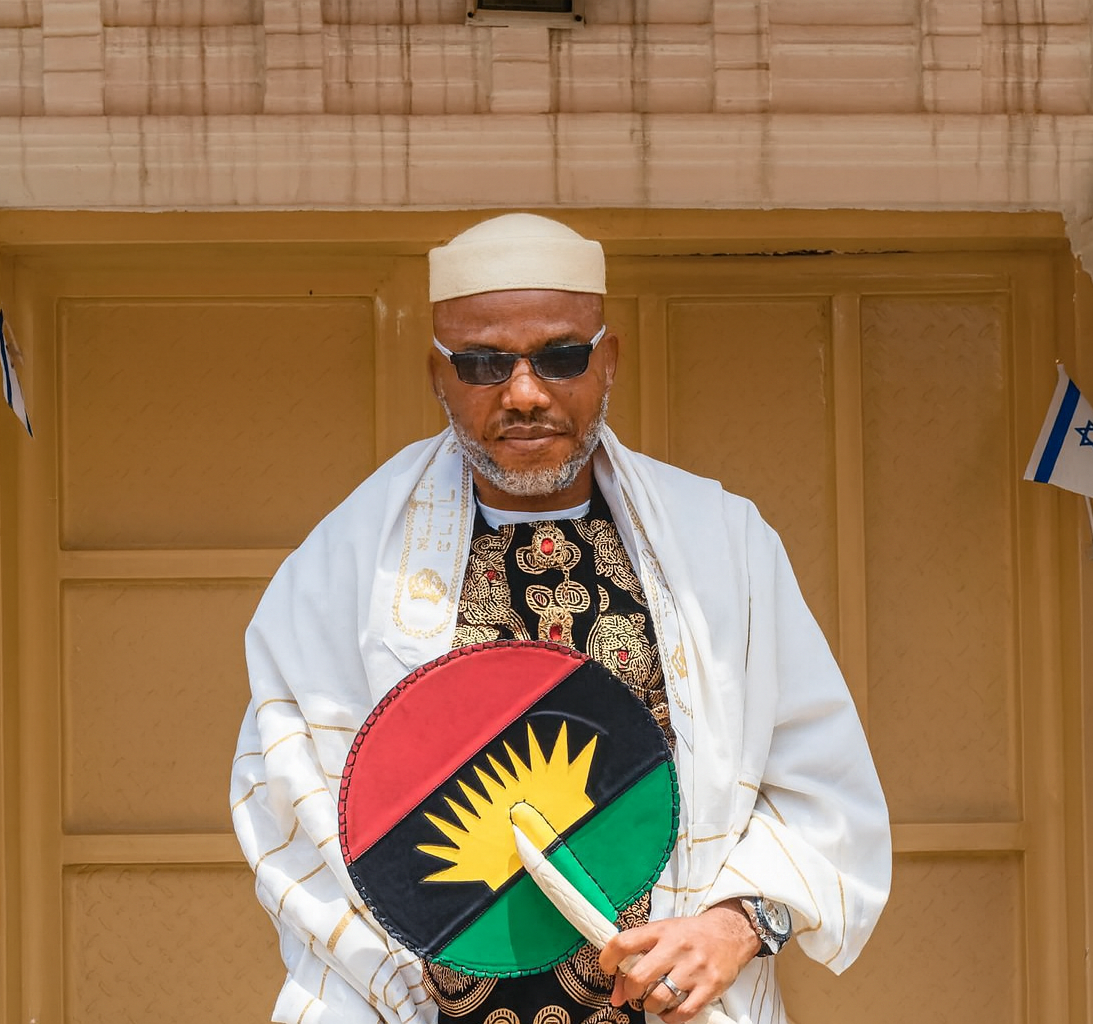In the tumultuous landscape of Nigeria’s political and human rights history, few names evoke as much passion, controversy, hope and debate as Mazi Nnamdi Kanu. To many, he is more than a man — he is a symbol: of resistance, of identity, and of unquenched demand for justice.
But the story of Kanu is not just his—it is interwoven with the aspirations, frustrations, and reckonings of millions. As his legal battle continues, now under renewed global focus, it’s time we revisit the stakes, the narrative, and the clarion call: #FreeMaziNnamdiKanuNow.
Who Is Mazi Nnamdi Kanu?
Nnamdi Kanu emerged into public consciousness as the founder of IPOB (Indigenous People of Biafra), a movement advocating for self-determination for Biafra and the rights of Igbo people and marginalized communities in southeastern Nigeria. Over time, he became a vocal critic of perceived oppression, structural inequality, and the central government’s approach toward dissent.
His rhetoric, activism, and media presence made him both a hero to many and a target to others. His arrest, protracted court cases, and periods of detention have kept him at the center of national and international human rights debates.
Recent Developments: A Case Under Spotlight
1. Kenyan Court Declares His Rendition Unlawful
In a landmark decision in June 2025, a Kenyan High Court found that the rendition of Kanu from Nairobi to Nigeria in 2021 was unlawful, unconstitutional, and a violation of his fundamental rights. The court held that Kenyan authorities failed their duty to protect him and that his incommunicado confinement, torture, and lack of legal access were serious breaches of human rights law. Wikipedia
This ruling rippled across diplomatic and legal debates, raising critical questions about cross-border rendition, security cooperation, and the sanctity of human rights jurisdiction.
2. Back in the Dock: Recent Court Appearances
On October 8, 2025, Kanu was escorted to the Federal High Court in Abuja to appear before the court in his ongoing case. Facebook This moment triggered renewed calls from civil society, supporters and observers for fairness, transparency, and ultimately, his release under due process.
Supporters have amplified slogans like:
“FREE MAZI NNAMDI KANU NOW, WE’RE ALL NNAMDI KANU IN NIGERIA!” THUMBS UP FOR NIGERIA
“Presidential empathy for Mazi Nnamdi Kanu is now a requirement” THUMBS UP FOR NIGERIA
These are not mere hashtags — they encapsulate deep-rooted frustration, solidarity, and a rallying cry for change.
Why His Release Matters
A Question of Justice & Rule of Law
Regardless of one’s stance on his politics, no individual should be held indefinitely without conclusive judgment in line with fair judicial standards. The protracted legal limbo surrounding Kanu’s case raises fundamental questions: Are rights being circumvented? Does political influence overshadow justice?
A Symbol Against Impunity
Kanu, for many, represents the fight against selective enforcement, centralized authority, and the suppression of dissent. His case has become a litmus test: If a high-profile leader can languish in legal uncertainty, how safe are ordinary citizens who stand against the status quo?
Amplifying Voices of Marginalized Groups
For many in the southeast and across Nigeria, Kanu’s struggle reflects their own: marginalization, weak institutional responses, underdevelopment, and perceived disregard by federal authority. His plight galvanizes conversations about equity, decentralization, and inclusion.

The Road Ahead: What Must Be Done
- Demand Transparent Due Process
Courts, prosecutors, and officials must be held accountable to follow legal norms: open hearings, access to legal counsel, evidence disclosure, and fair timelines. - Mobilize Local and Global Attention
Use platforms from blogs, social media, traditional media, and human rights networks to sustain coverage. Pressure arises from visibility. - Legal & Diplomatic Leverage
International bodies, human rights commissions, and diplomatic channels must be engaged to monitor compliance with treaties and norms — especially given the Kenyan court’s ruling. - Build a Unified Movement Beyond Partisanship
The struggle cannot merely be about one individual. It must connect to broader reforms: accountability, institutional integrity, and citizen rights.
A Call to Action
The heartbeat of any meaningful movement is sustained momentum. Share your voice. Sign petitions. Attend peaceful rallies. Write to your representatives. Use your platform — no matter how small. Amplify:
#FreeMaziNnamdiKanuNow
#JusticeForNnamdiKanu
#StandForRuleOfLaw
#HumanRightsNigeria
We often ask: Where is the turning point? The turning point is now — when voices unite, conscience awakens, and collective action takes shape.
Mazi Nnamdi Kanu’s fate may be decided in courtrooms and offices, but his legacy belongs to the people — to every Nigerian who yearns for justice, dignity, and a future rooted in fairness. When we say “We are all Nnamdi Kanu,” we affirm that his freedom is not just his — it is foundational to the freedom of us all.
